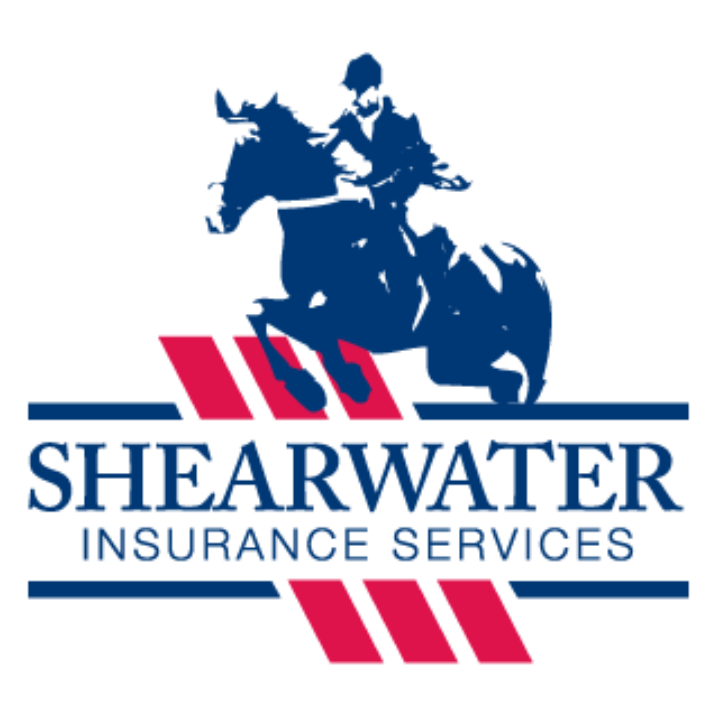Coronavirus FAQs
In these unprecedented times of global crisis, due to the COVID-19 pandemic, our teams have compiled a list of Frequently Asked Questions. A number of these answers are courtesy of the Association of British Insurers and we will endeavour to update them as and when new information becomes available.
The judgment today, 15th January 2021, in the Supreme Court on the FCA’s business interruption test case substantially allowed the FCA’s appeals and dismissed the insurers appeals and is good news for those businesses that had purchased an unspecified diseases extension.
The judgment brings clarity for many of our members’ customers which have been waiting to find our if their claims will be paid.
The ABI has indicated that: “Customers who have made claims that are affected by the test case will be contacted by their insurer to discuss what the judgment means for their claim. All valid claims will be settled as soon as possible and in many cases the process of settling claims has begun.”
You can read the detailed judgement of the Supreme Court here and the summary by the FCA here.
The FCA has set expectations around keeping policyholders updated about the test case and its implications for potential claims under their relevant policies.
AXIS has provided a summary on our website and will update this as the case progresses: https://www.axiscapital.com/covid-19-resource-center/business-interruption
If you would like further information on the FCA test case, the FCA has a website which you may find useful:https://www.fca.org.uk/firms/business-interruption-insurance
In general, all of the equestrian policies currently being provided by Shearwater Insurance are operating as normal as long as the insured are acting within Government guidelines.
As per the British Equestrian Federation advice, that can be found here, farriers, vets, dentists, physiotherapists, grooms and other equine practitioners can continue to operate, provided that they have COVID protocols and risk assessments in place to maintain safe working conditions. Coaches can continue to travel to work where they can’t work from home.
We should all bear in mind the following key points in relation to the current National Lockdown in England:
- The overarching message is to stay at home
- You can travel to care for and exercise a horse that you’re responsible for without restriction, as long as social-distancing procedures are followed
- You may only meet with members of your household, support bubble or one other in a public outdoor setting
- Equestrian venues and riding centres have been ordered to close for public lessons, hire and competition. Those based onsite may continue to use facilities to exercise and care for resident horses.
- Hacking should only be done within the permitted numbers above and should start and end at the place at which the horse resides
- Travelling of horses to use private facilities should only be done where it is necessary for the horse’s welfare. You should not travel your horse to any venue unless it is for welfare or veterinary reasons.
- Farriers, vets, dentists, physiotherapists, grooms and other equine practitioners can continue to operate for routine welfare as well as emergencies, but they must follow COVID protocols and have a risk assessment in place to maintain safe working conditions.
- Coaches intending to travel to work should read all guidance from the Government and governing bodies and assess whether there is a need to continue coaching face-to-face or whether this can be done remotely. COVID practices should be in place and risk assessments held.
For clients residing in Wales there should be no mixing of households and you should not meet with anyone outside of your support bubble or household. Based on the restriction of household mixing face-to-face coaching is not permitted. Coaching options should be moved online. Full guidance can be found here.
For clients residing in Scotland you must abide by the limitations on travel, however outdoor training facilities and indoor arenas can remain open for hire provided that COVID protocols are in place and the restrictions on travel and numbers are adhered to. A maximum of 2 people from 2 separate households can meet at one time, under 12’s do not count in this number. Coaches should only deliver coaching within the local authority area and to only 1 over 12 at one time. Full guidance can be found here.
Insurers are carefully monitoring the fast-moving developments of the coronavirus outbreak, and some have therefore withdrawn travel insurance for sale to new customers. Others have stopped covering cancellations or disruption related to the Coronavirus.
Insurance is based on assessing the possibility of an event occurring. Insurers take account of when any risk becomes more of a probability than a possibility and then make commercial decisions.
Be reassured, trips already booked abroad under existing policies remain unaffected. Travel insurance for non-Covid19 related risks also remains available.
If you travel against Government advice, then you are likely to invalidate your travel insurance.
Holidays are not classed as essential travel. If you do need to travel, you should discuss your reasons for travel with your insurer whether or not your trip is likely to invalidate your insurance policy.
We would encourage all customers to follow Government advice and to also check with their broker/insurer prior to travel.
If you are required to be quarantined while abroad, you should be covered by your insurance policy, including any relevant medical expenses that are required. Your insurer may consider additional travel expenses at the end of the quarantined period to allow you to return home.
Many policies can be extended for a specific period, if you are unavoidably detained from returning to the UK.
In both instances you are advised to check with your insurer as soon as the situation arises.
Our brokers discuss the various commercial insurance options with potential clients to enable them to reach an informed decision as to what policy will be the best fit for their business needs.
Insurance policies are tailored to the individual needs of each business. With no two businesses being 100% alike, business insurance is not a one size fits all approach.
Standard commercial insurance policies provide cover against a wide range of risks, including damage caused by fire, flood, losses by theft, accidents involving employees and the need for temporary trading premises in certain circumstances.
Only a very small number of businesses have the cover that specifically provides for contingency business interruption arising from notifiable diseases, such as COVID-19, where their premises have been contaminated. This is not a common addition to commercial policies.
Business interruption insurance covers a business for loss of income during periods when they cannot carry out business as usual due to an unexpected event. Details of the perils associated to these events will generally be specified in the policy. The cover aims to replace certain losses sustained by the business during the period of the disruption.
The insurance may compensate the business for any increased running costs and/or shortfalls in profits, up to limits set out in the policy, that arise as a result of the specified event.
Most business interruption policies only provide cover for physical damage that is associated to a named peril, such as fire, flood or storm. This will include damage to premises or equipment, and in some cases the breakdown of essential equipment as a result of the covered peril.
Some policies may also provide cover for business interruption due to people not being able to access the business due to a specific circumstance. These circumstances will often include situations such as police cordoning off an area due to terrorism, a fire, or the risk of a building collapse. In many cases this will be known as ‘restricted access’ cover or ‘non-damage business interruption’ cover and is usually an addition to a standard policy.
Standard business insurance policies are designed to insure standard risks and are therefore unlikely to cover global pandemics like COVID-19. This will include forced closure by the authorities.
Some may have chosen to purchase cover that provides for business interruption arising from notifiable or infectious diseases. The costs associated with cover for these unusual risks are often prohibitive to businesses.
Businesses who are concerned about the impacts of COVID-19 should check the scope of their cover, and check with their insurance broker.
Most notifiable disease extensions tend to cover specific diseases that will be named in the cover. If COVID-19 is not specified, then cover may not apply.
Some notifiable disease extensions are more general and do not specify certain diseases. In these cases, business interruption cover for COVID-19 may apply.
Businesses who are concerned about the impacts of COVID-19 should check the scope of their cover, and check with their insurance broker.
Working from home, due to the need to self-isolate should be covered under standard home insurance policies, assuming that work is of a clerical nature.
If individuals are working from home and receiving business visitors to their home for business matters, they should check with their insurer as to what cover may be applicable. In some cases, there may be restrictions in cover such as loss of money or theft of property, unless there is evidence of forcible or violent entry.
Home insurance is unlikely to cover business equipment used. Employers would be liable to ensure that their equipment is covered when away from the office.
For anyone unsure we recommend speaking to a broker or investigating working from home insurance.
Most standard home insurance policies do not provide cover for cleaning costs.
The safety of their customers and the wider community of the number one priority of any insurer.
Insurers will continue to provide cover for customers as promised in their policies, this includes finding the cost of alternative accommodation, whilst acting in accordance with the UK Government’s advice.
It is vitally important that you discuss your individual situation with your insurer. Each claim in handled in a case-by-case basis to ensure the customer’s interests are best protected.
Insurers will be taking a pragmatic approach to individuals who are quarantined or stuck abroad and are unable to return to their property within the timescales set out in their policy.
However, individuals should contact their insurer to obtain advice on the issue.
It is a legal requirement to have valid car insurance unless you register your vehicle off the road and apply for a SORN.
Different insurers have different processes for these situations. We recommend speaking to your insurer or broker about individual circumstances and the options that may be available to you.
Insurers recognise the important role that voluntary organisations play, and most insurers cover volunteer driving with regular motor insurance policies.
If in doubt always check with your insurer or broker.
We can usually arrange travel insurance that covers pre-existing conditions. However, if for some reason we are unable to find you affordable travel insurance for your medical conditions, the Money Advice Service has launched a directory listing companies that may be able to help you. The directory can be accessed by clicking here or calling 0800 138 7777.





